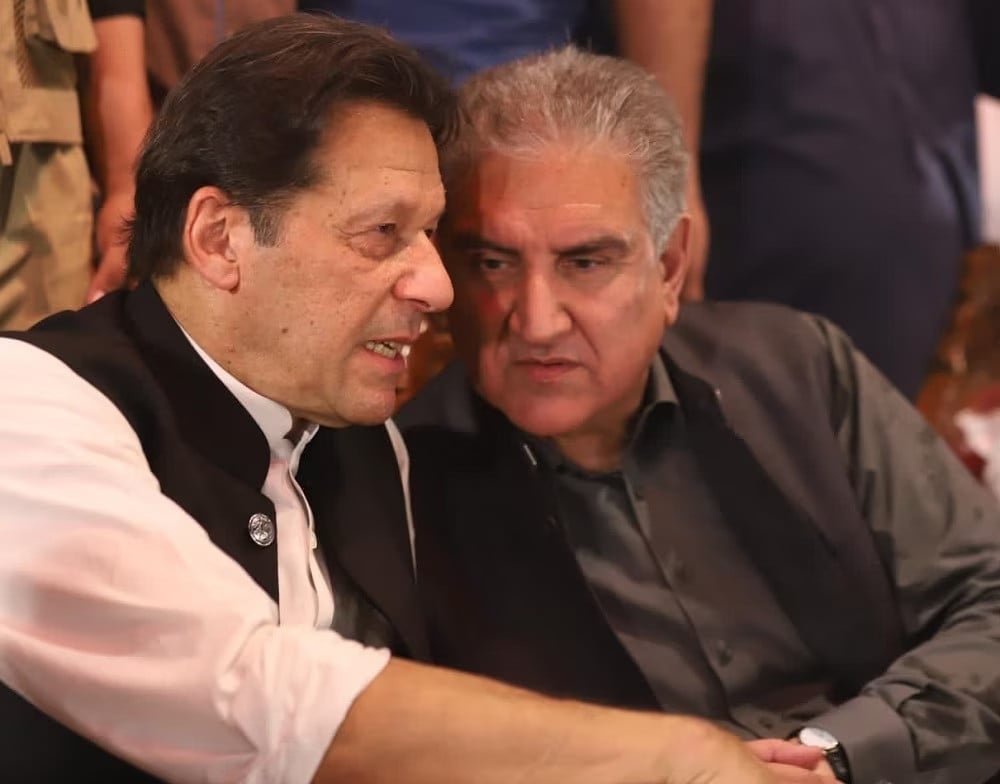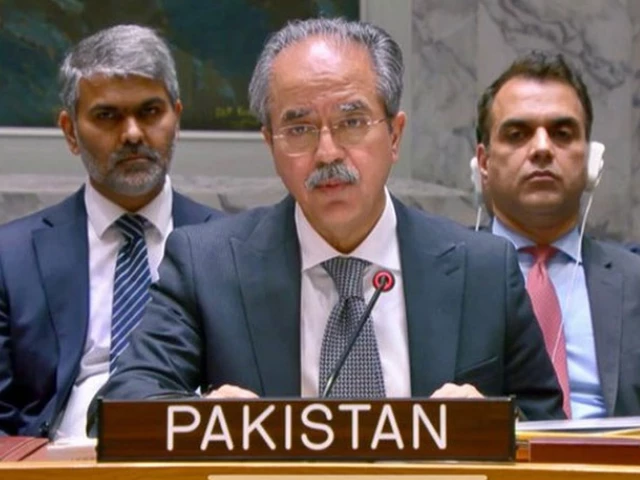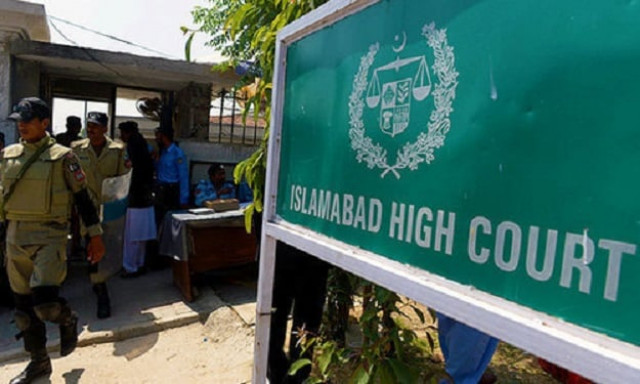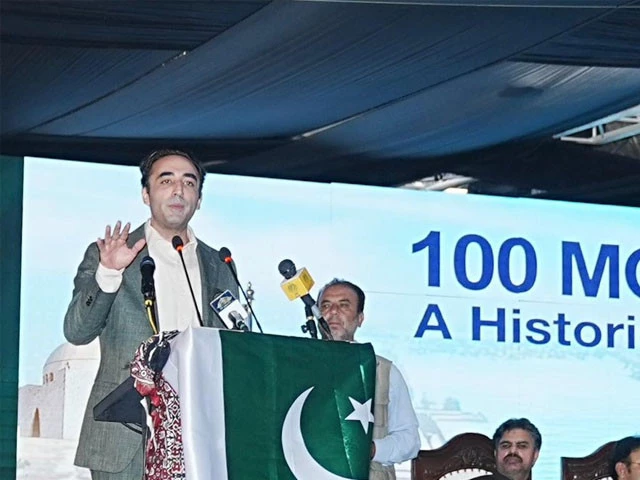Political Dialogue: A Path Forward for Pakistan
In recent days, the political landscape of Pakistan has witnessed an intriguing development. Prime Minister Shehbaz Sharif extended an olive branch, inviting the opposition party, Pakistan Tehreek-e-Insaf (PTI), to engage in dialogue. This gesture, welcomed by detained PTI leaders from Lahore, underscores the necessity for discussions to navigate the country through its pressing constitutional and political crises.
In an open letter to the government, key figures like Mian Mehmoodur Rasheed and Shah Mehmood Qureshi made it abundantly clear: genuine progress in negotiations hinges on the PTI founder, Imran Khan, being allowed access for consultation. They argue that without Khan’s involvement, any attempts at dialogue would lack depth and effectiveness.
The letter calls for immediate political discussions that encompass not just the party leaders but also engage state institutions. The notion is simple yet profound; by fostering trust among all stakeholders, a more favorable environment for collaboration can be created. As these leaders rightly pointed out, the urgency of the situation requires that political discussions commence without delay.
A major highlight in their proposal is the emphasis on continuous communication with Imran Khan. One-time access is simply not enough; regular consultations are essential for maintaining a productive dialogue. This insistence reflects a deep understanding of the importance of consistent leadership input, particularly in a time of crisis.
In the backdrop of PM Shehbaz’s initial invitation, this development signifies a potential turning point. Just before a landmark Supreme Court decision on reserved seats, Shehbaz engaged briefly with PTI Chairman Barrister Gohar Ali Khan, highlighting a mutual willingness to come to the table. The PM’s sentiment, “Let’s sit and talk — negotiations are the solution to everything,” echoed the thoughts of many Pakistanis longing for stability and collaboration.
As the country grapples with ongoing tensions, the hope is that these discussions will yield fruitful results. Bringing together diverse perspectives could pave the way for sustainable solutions, demonstrating that dialogue — rather than discord — is the route toward national harmony.
While the future remains uncertain, one thing is clear: political dialogue has become an essential tool for Pakistan’s progress. For those keen on staying connected to the evolving political narrative, following platforms like Pro21st can provide valuable insights and updates on this compelling journey. Join the conversation and be part of shaping the future!
At Pro21st, we believe in sharing updates that matter.
Stay connected for more real conversations, fresh insights, and 21st-century perspectives.





